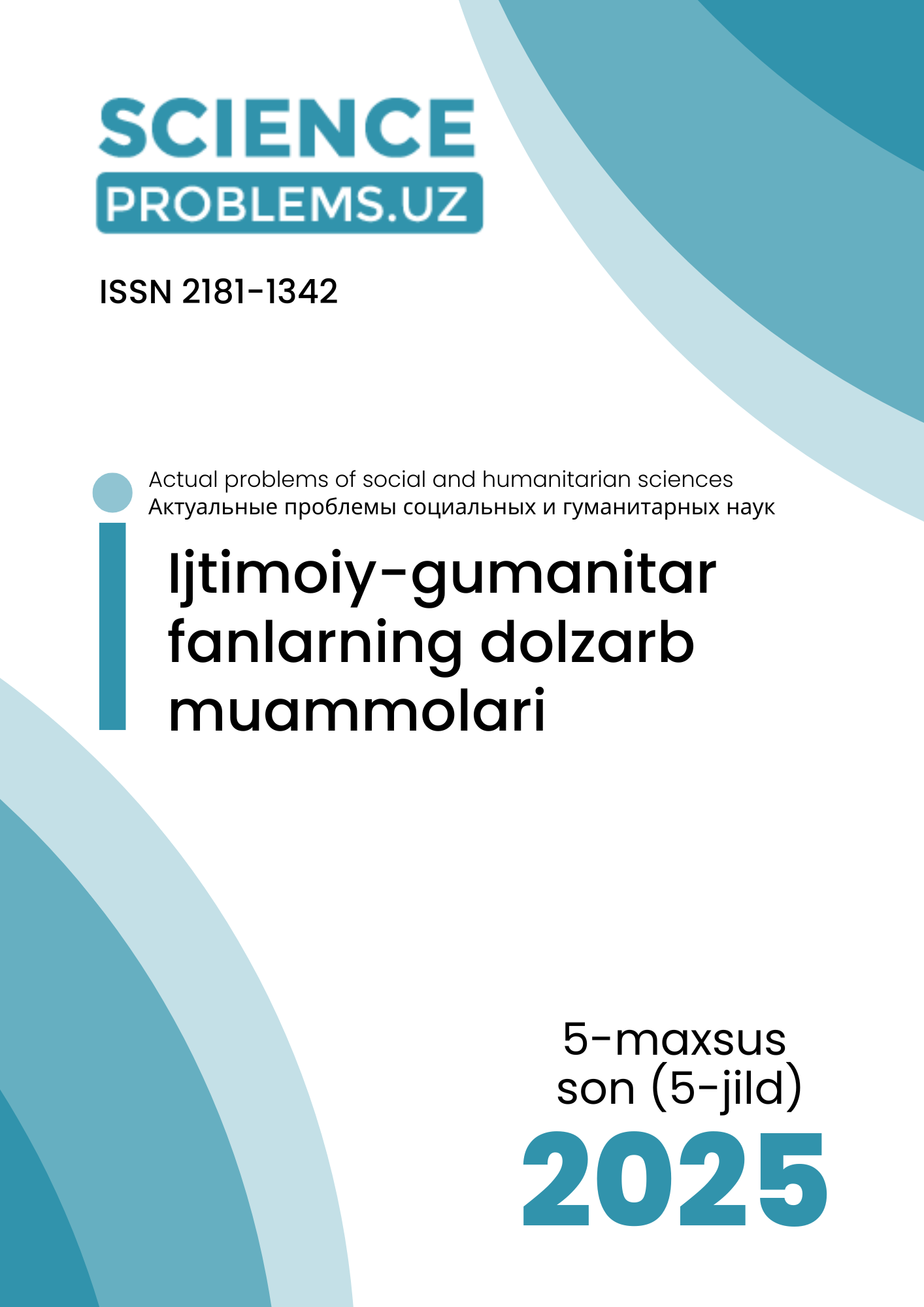HOW TO TEACH ENGLISH USING SIMPLE SCIENCE EXPERIMENTS
DOI:
https://doi.org/10.47390/SPR1342V5SI5Y2025N35Keywords:
science experiments, vocabulary retention, hands-on learning, speaking confidence, interactive teaching, student engagement.Abstract
This study explores the effectiveness of vocabulary building through environmental science topics by comparing two teaching methods with sixth-grade students at School Number 26 in Urgench City. One group was taught using traditional classroom instruction, while the other group participated in interactive outdoor activities such as gardening, picnics, and outdoor games. The results suggest that hands-on, experiential learning in a natural environment enhances vocabulary acquisition more effectively than conventional methods. The findings highlight the potential of incorporating outdoor activities into language education to improve student engagement and retention.
References
1. Brown, H.D. (2007). Principles of Language Learning and Teaching. Pearson Education.
2. Richards, J.C., & Rodgers, T.S. (2014). Approaches and Methods in Language Teaching. Cambridge University Press.
3. Nation, I.S.P. (2008). Teaching Vocabulary: Strategies and Techniques. Heinle Cengage Learning.
4. Swain, M. (2005). The Output Hypothesis: Theory and Research. In E. Hinkel (Ed.), Handbook of Research in Second Language Teaching and Learning. Routledge.
5. Ur, P. (2012). A Course in English Language Teaching. Cambridge University Press.
6. Lightbown, P.M., & Spada, N. (2013). How Languages are Learned. Oxford University Press.
7. Freeman, D.L. (2016). Techniques and Principles in Language Teaching. Oxford University Press.








